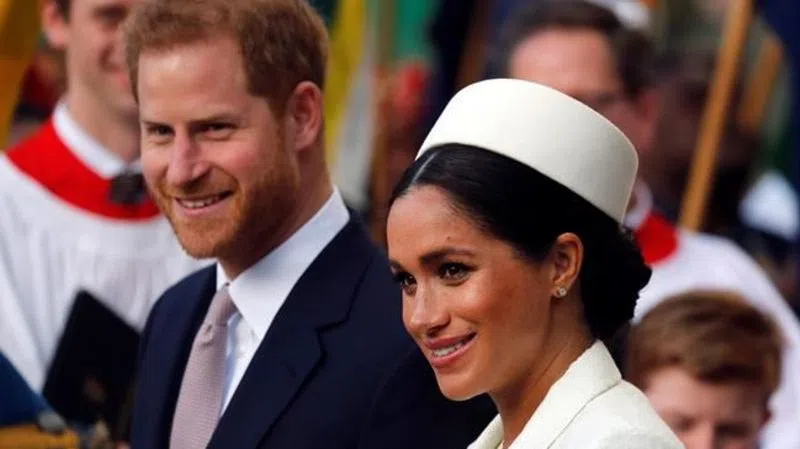
B.C. privacy commissioner suggests media civility for Prince Harry and Meghan
VICTORIA — Media outlets in Canada should practise civility and self-regulation in respecting the privacy rights of Prince Harry and Meghan, the Duchess of Sussex, says British Columbia’s privacy commissioner.
Michael McEvoy said Wednesday media freedoms in Canada are vast and paramount to ensure a free press, but the couple’s privacy should be a consideration as they take up residence near Victoria.
Lawyers for the Duke and Duchess of Sussex reportedly sent a letter to the British press threatening legal action after Meghan and her young son Archie were photographed walking in a public park north of Victoria.
“I would just say as B.C.’s privacy commissioner that I think it behooves us all to exercise some kind of self-regulation, some kind of civility to respect the rights of others to go about their daily business without being surveilled,” he said in an interview.


